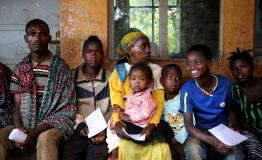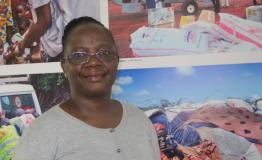
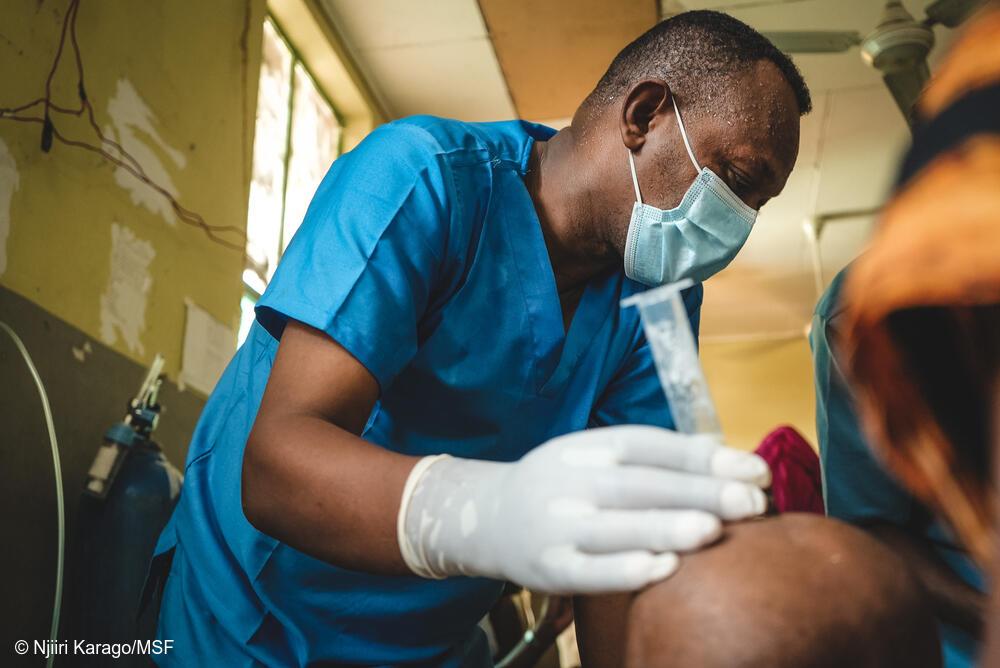
Ethiopia
Despite the lifting of government restrictions, insecurity and administrative barriers continued to hamper humanitarian access to the estimated 20 million people in need of assistance across Ethiopia in 2022. Although the two-year conflict in Tigray ended in November, thousands of people were killed or displaced by fighting across the country.

163,200
163,2
33,893
33,893
1,910
1,91
1,290
1,29
In March 2022, we resumed healthcare services for South Sudanese refugees in Kule camp, Gambella region, and started to respond to malnutrition, cholera and measles in Somali region, an area badly affected by drought.
We also focused on malnutrition in Afar region, where we supported Dupti hospital, and ran mobile clinics and an inpatient centre providing care for malnutrition.
Throughout the year, our teams in SNNPR ran mobile clinics, and later, when conflict subsided, rehabilitated and supported health facilities.
In July, we reopened our project in Abdurafi, Amhara region, offering treatment for kala azar, a deadly tropical disease, and snakebites.
In northern and eastern Amhara, and northern Afar, we provided healthcare in conflict-affected communities through mobile clinics. We also donated medical supplies and rehabilitated looted and damaged health facilities. People we met described immense suffering, recounting personal stories of extreme violence, loss of livelihoods, homes and lands, and constant fear.
In November, we restarted our response in northwestern Tigray, supporting two healthcare facilities and running mobile clinics in rural areas, where health facilities and water infrastructure had been damaged or destroyed.
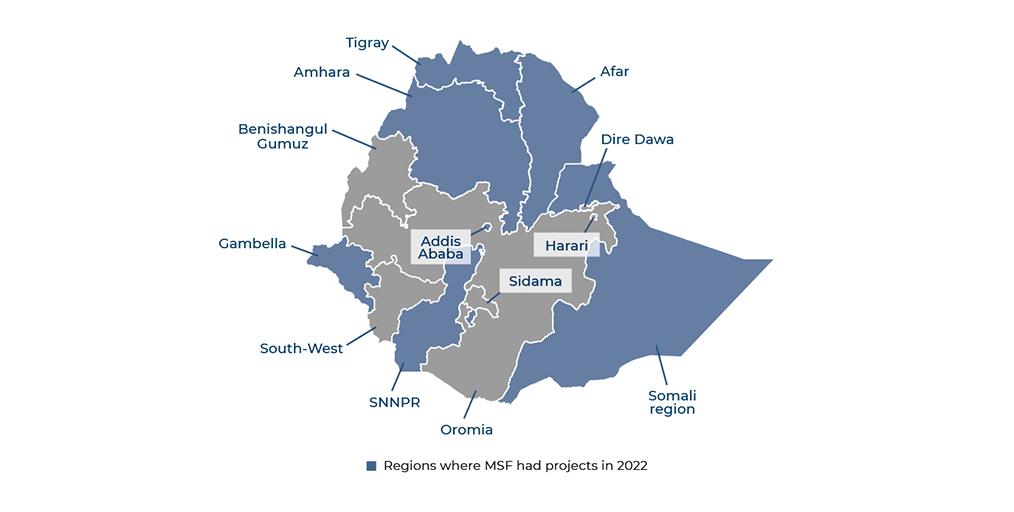
MSF continues to call for accountability for the death of our colleagues
On 24 June 2021, our colleagues María Hernández Matas, Tedros Gebremariam Gebremichael and Yohannes Halefom Reda were brutally and intentionally killed, while clearly identified as humanitarian workers, in Tigray. After extensive engagement with the Ethiopian authorities, we still do not have any credible answers regarding what happened to our colleagues. MSF will keep pursuing accountability for this incident, with the hope that this will help improve the safety of humanitarian workers in Ethiopia.


Ethiopia: Once mango season is over, it becomes crocodile season
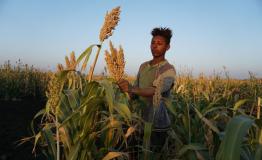
Treating snakebite in Ethiopia: “The first ten minutes are critical”
![Mental health consultation in the MSF hospital in Nduta refugee camp, Tanzania. [© MSF/Pierre-Yves Bernard] Mental health consultation in the MSF hospital in Nduta refugee camp, Tanzania. [© MSF/Pierre-Yves Bernard]](/sites/default/files/styles/card_half/public/msfimages/news/msf256783_medium.jpg?itok=p75Q1l8A)
Displaced and distressed: the case of mental health in East Africa
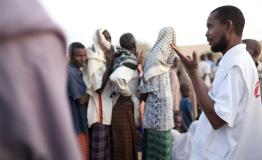
Ethiopian-Kenyan border: “It was overwhelming – no one was expecting injuries on this scale”
